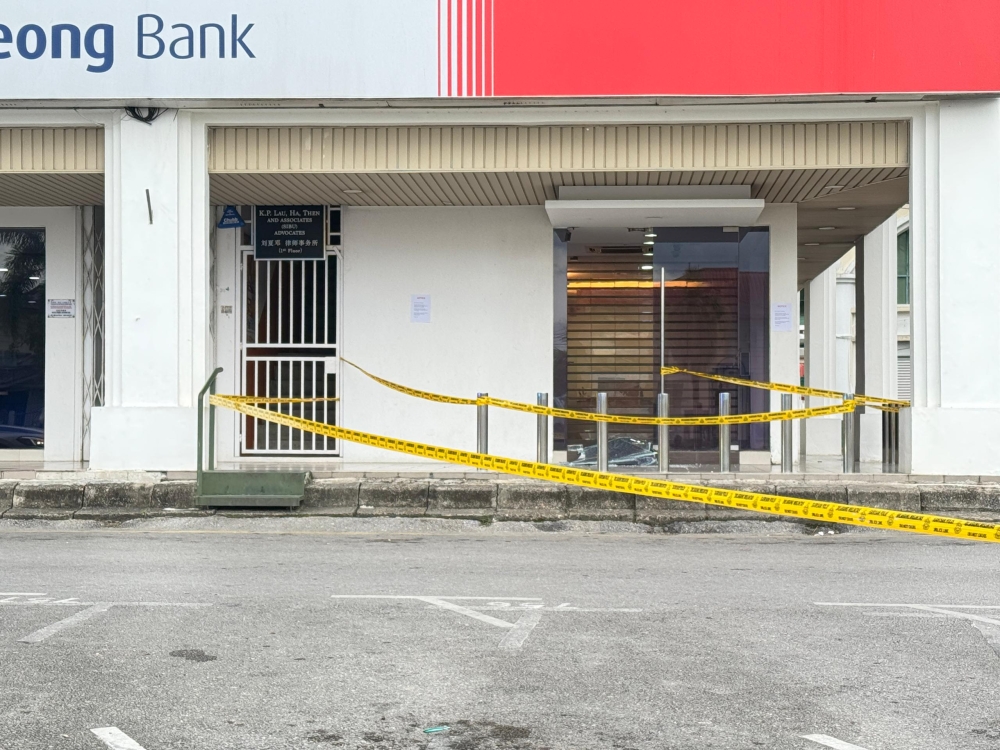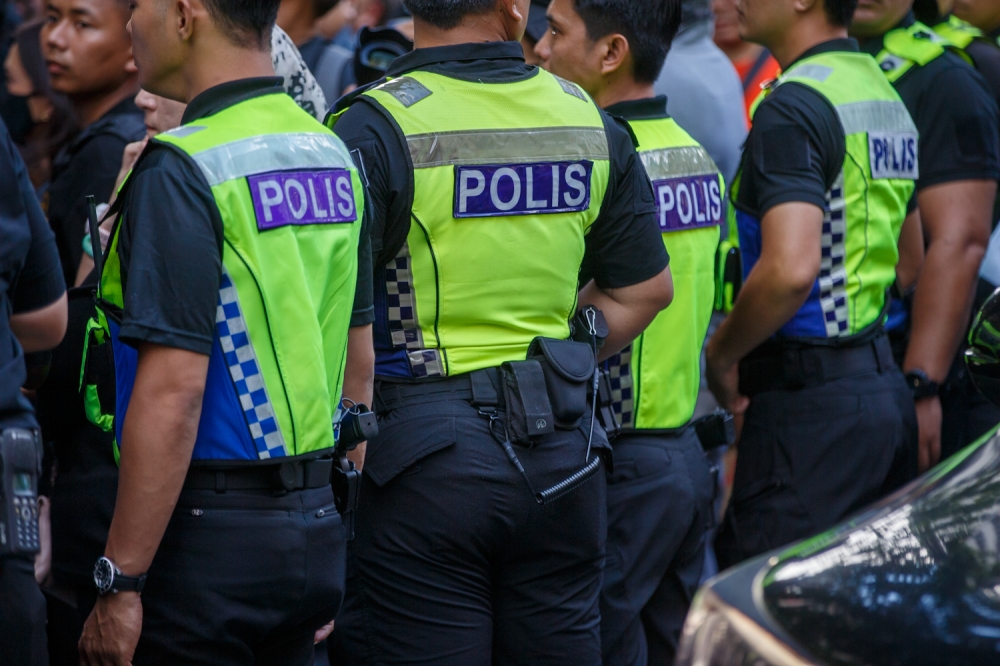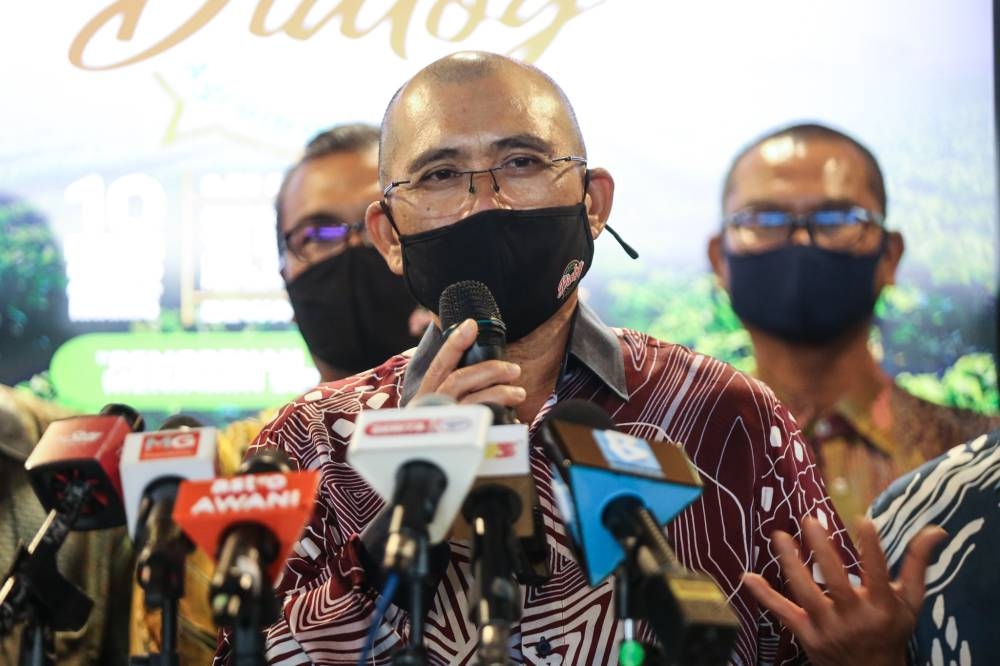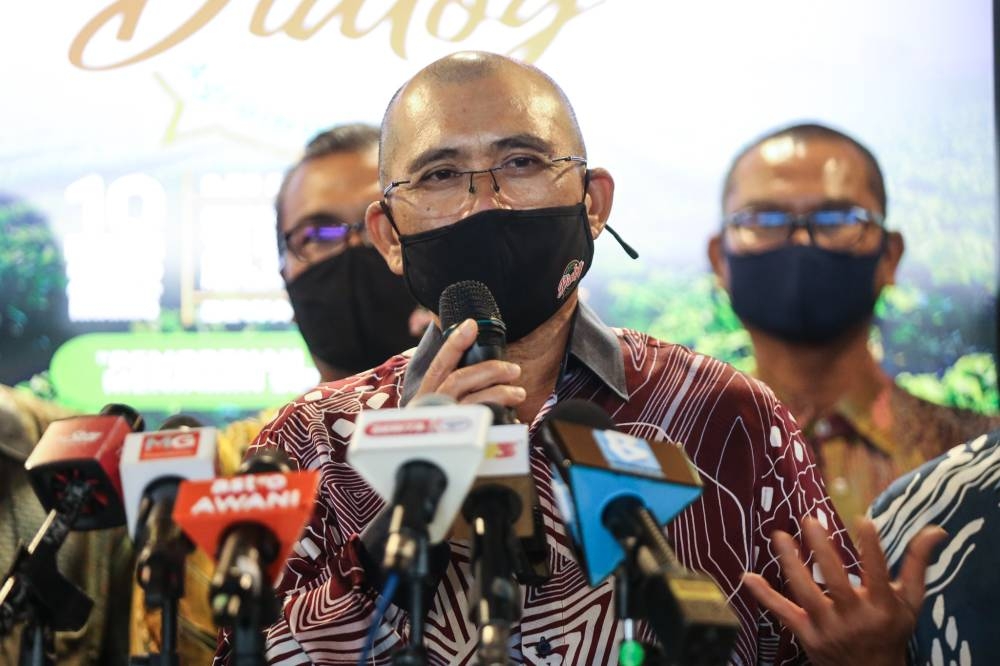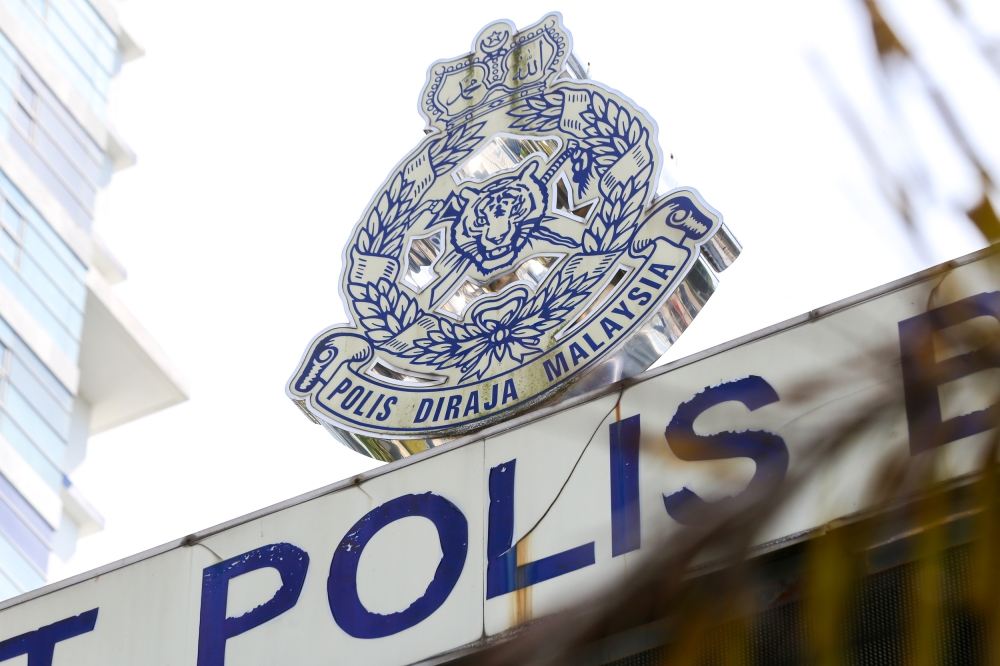KOTA KINABALU, Dec 21 — The exit of Parti Pribumi Bersatu Malaysia’s Sabah leadership into their own local coalition will weaken the party’s standing in the state, but analysts believe that all is not lost for the Perikatan Nasional (PN) coalition.
Political analysts like Awang Azman Awang Pawi from University Malaya said that PN and Bersatu in Sabah will be adversely affected by the exodus of most of the Bersatu leaders, including chairman Datuk Seri Hajiji Noor, but the party and the coalition could return to the political forefront if matters played out in their favour.
“Of course, it will not be as strong in Sabah as before. But they still have one MP, Beluran’s Datuk Ronald Kiandee, so it is not like they will disappear completely. They are just not as strong as expected and it is ineffective without the participation of Gabungan Rakyat Sabah (GRS) in PN,” he said.
The blow will naturally affect not just Bersatu, but also PN who had initially come close to forming the government on account of the support from GRS as well as Gabungan Parti Sarawak (GPS).
“Nationally, PN will be affected and cause most of its ‘green tsunami’ momentum to be severely stunted due to the development. This means that PN at the national level will no longer have high confidence, especially to topple Datuk Seri Anwar Ibrahim’s unity government,” he said.
Universiti Malaysia Sabah’s Romzi Ationg and University Teknologi Mara’s Tony Paridi Bagang added that PN was losing traction in Sabah due to the pull-out of Hajiji and his team as well as local sentiment leaning towards state-derived parties in order to self-determine.
“Given the growing interest in local parties among Sabahans, this new development may significantly reduce PN’s chances of becoming a credible alternative to the ruling coalition,” said Ationg.
“This is especially true when Sabahans saw Bersatu’s increasing narrative of racial sentiment, a sentiment which is generally disliked in Sabah,” he said.
Ationg said that although Bersatu would suffer a significant loss of power in Sabah and nationally, it could still rise again depending on how the current ruling government performs.
“The political influence of any party is generally rated based on the number of seats it has in hand. But all eyes are now on the ruling government. If it is not capable of performing well, then the other side of politics will gain support from the citizens,” said Ationg.
He said because of this, all parties must be seen as working hard all the time to create a formidable impression, and even Kiandee as the lone PN candidate in Sabah and Sarawak could still be a credible Opposition.
Bagang said that it cannot be denied that Bersatu will have lost footing with its losses in Sabah and by extension, its status in the eyes of the people.
“It will be quite challenging for them to get support from people here if it is only relying on Sabah Progressive Party and PAS, both of which have yet to garner support from the people,” he said.
However, Oh Ei Sun, a senior fellow at the Singapore Institute of International Affairs, said that the current state of affairs was only a down period for Bersatu and PN and they will eventually rise again, driven by PAS’ conservative narrative.
“Bersatu only briefly prospered in Sabah purely due to (Tan Sri) Muhyiddin (Yassin) being prime minister then, and afterwards, they still clung to the ruling coalition under (Datuk Seri) Ismail Sabri (Yaakob).
“Now, with neither being in power any longer, it is only natural that Bersatu came to its logical conclusion,” said Oh.
He said that during this period when PN is the Opposition, PAS will insinuate itself further into the fabric of Sabah society and will emerge as a powerful force in Sabah politics.
“It may be quite dismal now, especially where Bersatu is concerned. But during that time, PAS will assiduously cultivate its grassroots and ground in Sabah to blossom in the long term, if Selangor and Penang are any guide.
“If they could gain significant ground in Selangor and Penang, there is nothing stopping them from overwhelming Sabah,” he said.
When Sabah Bersatu was formed, they teamed up with Parti Solidariti Tanah Airku (STAR), and Sabah Progressive Party to join the national PN coalition. The three, working with BN, formed a new alliance called GRS and formed the state government in 2020.
The three parties, excluding Umno and other parties in BN, eventually registered itself formally as GRS — a local coalition in early 2022 to represent the state’s interests. This saw two other parties joining: Parti Bersatu Sabah and United Sabah National Organisation (Usno).
Last week, Hajiji, who is GRS chairman and former Sabah Bersatu chief, said they were leaving Bersatu and PN to prioritise GRS’s political journey. GRS officially announced they were dropping Bersatu from their coalition last weekend.














